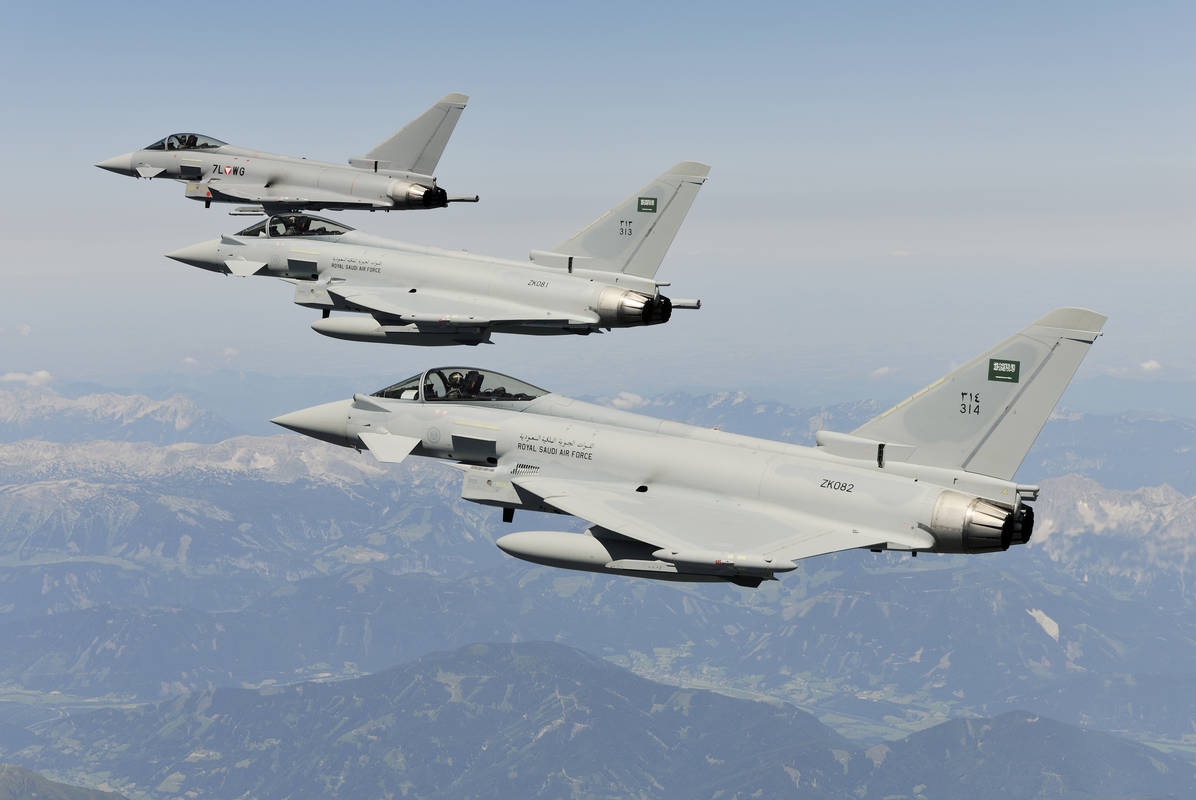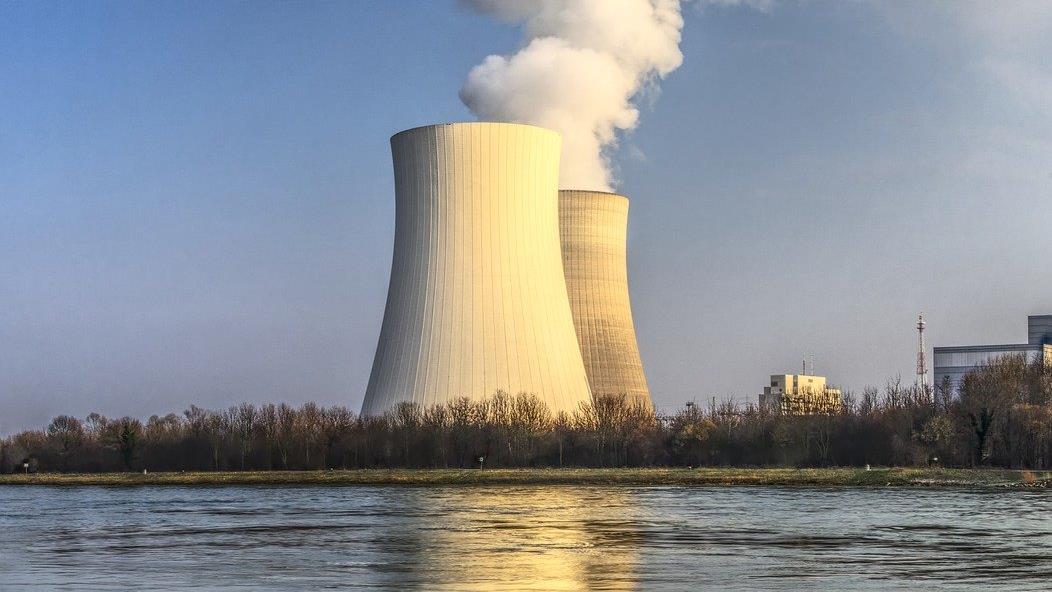US Set to Lift Restrictions on “Offensive” Weapons Sales to Saudi Arabia. F-35 On The List???
The United States has reportedly signaled to Saudi Arabia that it is prepared to lift restrictions on the sale of weapons defined as "offensive," including the fifth-generation F-35 fighter jets, according to military observers.
(DEFENCE SECURITY ASIA) — The United States is expected to lift restrictions on the sale of “offensive” weapons to Saudi Arabia in the coming weeks, according to senior Washington officials familiar with the matter.
These officials have reportedly signaled to Saudi Arabia that the U.S. is ready to remove these restrictions, which were imposed following disputes over the Saudi military campaign in Yemen and the 2018 assassination of journalist Jamal Khashoggi.
Since taking office in 2021, the Biden administration has adopted a stringent approach, restricting the sale of weapons classified as “offensive” to Riyadh while allowing “defensive” arms sales to continue.
This restriction has strained the historically close relationship between the two nations, prompting Riyadh to turn to countries like China and Russia to meet its weapons needs.
Now, as Saudi Arabia begins to cultivate relationships with other nations, particularly China, for its weaponry requirements, Washington is concerned about “losing” a major arms purchaser in the Middle East.

In response, the Biden administration is planning to revoke the restrictions imposed on Saudi Arabia for the sale of “offensive” weapons.
Last week, U.S. Secretary of Defense Anthony Blinken hinted that the U.S. and Saudi Arabia are close to finalizing several agreements related to nuclear energy, security cooperation, and defense within a broader framework that might also include potential diplomatic relations between Riyadh and Tel Aviv.
Regional defense analysts believe that these impending deals between the U.S. and Saudi Arabia could include the sale of fifth-generation F-35 fighter jets and other advanced weaponry to Riyadh.
While other Gulf countries like the United Arab Emirates (UAE) have expressed interest in acquiring the F-35s, Washington has been reluctant to comply due to Israel’s insistence on maintaining a qualitative military edge in the Middle East.
If true, Saudi Arabia could become the first Arab nation to possess the F-35.

However, France has reportedly offered up to 100 Rafale fighter jets to the oil-rich kingdom after the Biden administration blocked Riyadh’s F-35 acquisition to protect Israel’s interests.
Over the years, the Royal Saudi Air Force has been strengthened by American-made F-15s and European Eurofighter Typhoons, but it is now considering French options for future fighter aircraft supplies.
Riyadh is reportedly attracted to France’s “free” defense policy, which does not tie weapon sales to other issues like human rights, politics, etc.
Unable to secure the F-35, Saudi Arabia is now looking towards the Rafale, with the latest variant known as the “Super Rafale” expected to catch its attention.
From next year until 2030, France plans to develop an advanced variant of the Rafale fighter jet, known as Rafale F5 or “Super Rafale”, with which it hopes to compete effectively against the American-made F-35 developed by Lockheed Martin.
Additionally, Saudi Arabia is also considering a proposal from China to build a nuclear power plant in the Middle East, further evidence of increasingly close diplomatic ties between Riyadh and Beijing.

The Chinese government agency, China National Nuclear Corp (CNNC), has submitted a bid to construct a nuclear power station in eastern Saudi Arabia near the border with Qatar and the UAE.
Previously, Saudi Arabia had attempted to collaborate with the United States on a public nuclear energy program but was required by Washington to establish diplomatic relations with Israel.
According to influential American media, Saudi Crown Prince Mohammed bin Salman is prepared to work with the Chinese agency if talks with the United States stall.
Saudi Arabia plans to build 16 nuclear power plants over the next 25 years at a cost of $80 billion to reduce its reliance on oil and gas, despite having the world’s second-largest reserves of these resources.

Moreover, the Saudi Arabian Military Industries (SAMI) is reported to be in talks with China North Industries Group Corporation (NORINCO) to purchase various types of weaponry, including unmanned aerial systems and air defense systems.
The Saudi Armed Forces are looking to acquire the Chinese-made HQ-17AE air defense system, an upgraded version of Russia’s “TOR” system, along with other advanced drones and munitions from China, signaling a closer defense relationship between Riyadh and Beijing. — DSA



Comments are closed.